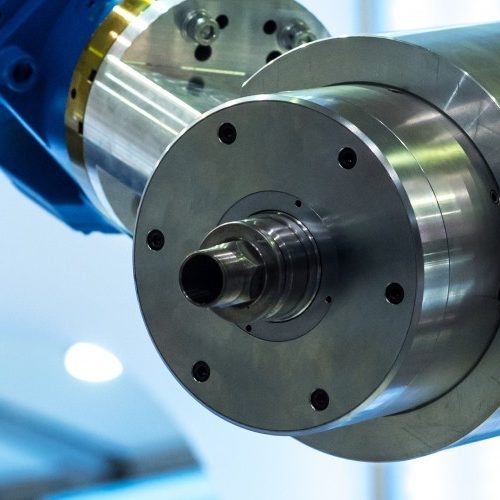Developing better designs

The challenge
Engineering industries have a ubiquitous requirement to develop designs with competitive performance using limited time and resources.
Identifying the right combination of variables to achieve such designs is challenging due to the high dimensionality, nonlinearity, uncertainty and conflicting objectives such problems may involve.
The solution
Optimisation methods based on computational intelligence enable efficient exploration of the design space to identify high-performing designs while reducing number of intermediate evaluations involved. They’re particularly suited to solving problems with complex, non-linear and black-box response functions that often occur in practical applications.
The impact
The design of cutting-edge algorithms for multidisciplinary problems leads to improved design performance and robustness, reduced costs and faster development time for a wide variety of optimisation problems. The algorithms developed in the group address fundamental research challenges including:
- multiple conflicting performance criteria, such as minimum cost, maximum reliability and maximum strength
- large number design variables and/or design constraints
- computationally expensive simulations or physical experiments in-loop
- highly non-linear programming or black-box response functions
- hierarchical objectives involving decision making at multiple levels.
Our research is frequently published in leading journals, such as the IEEE Transactions on Evolutionary Computation, IEEE Transactions on Cybernetics and ASME Journal of Mechanical Design, and frequently applied on practical problems studied by collaborating research groups and industries.
Applications studied include, but are not limited to, design of energy management schemes, spacecraft, underwater vehicles, hybrid vehicle controllers, robotic shepherding and portfolio optimisation.
Our projects are supported by a number of competitive grants, including Australian Research Council Discovery projects, Future Fellowship and the Endeavour Fellowship, in addition to funding by industrial and defence organisations.
“Optimisation is an integral part of engineering design and decision-making activities to improve the performance and robustness of components and systems while reducing development time and costs.”
Associate Professor Hemant Kumar Singh.
Related people and partners
Key people
Partners
We collaborate with many researchers and organisations worldwide, including:
- Australian Defence Science and Technology Group
- Honda Research Institute
- Michigan State University
- CINVESTAV-IPN
- Warwick Business School
- Japan Aerospace Exploration Agency.

